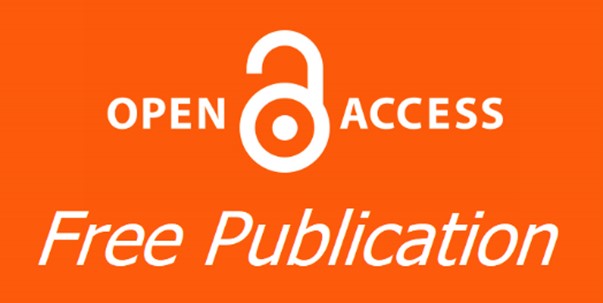Document Type
Original Study
Abstract
Purpose: This study evaluated and compared between effect of heat application on the shear bond strength and microleakage of class I reinforced glass ionomer restorations (EquiaFil Fort, Zirconomer and Resin modified glass ionomer Fuji II LC). Meanwhile, the clinical performance of such materials was assessed. Materials and Methods: Ninety caries free first and second permanent molars were divided into three groups of (30 each) according to the type of the Glass Ionomer Cements used. Each group was further subdivided into three subgroups of (10 each): B1 for no heat application, B2 for 20 sec heat application and B3 for 60 sec heat application. This sample grouping was done twice in shear bond strength and microleakage assessment. A universal testing machine was used to test the shear bond strength for the specimens, while the microleakage test was examined under stereomicroscope. A total of 20 patients with split mouth design participated in this study. Each patient had two fillings according to the material used (Equia and Zirconomer). Restorations of the teeth were evaluated at the same day (base line), one month, and 6 months and were rated according to the USPHS criteria. Results: all heated groups showed higher shear bond strength and microleakage. For secondary caries, post-operative sensitivity and color match, no statistical significance differences were recorded in the clinical performance of Equia and Zirconomer. Conclusion: Application of heat improves bond strength and microleakage of GICs. The clinical outcome of both Equia and Zirconomer were considered satisfactory after 6 months.
Keywords
Glass Ionomer; Shear bond strength; Microleakage
How to Cite This Article
Mahmoud, Nessma; Niazy, Maha; and Elyasaky, Mohamed
(2020)
"Evaluation of the Clinical Performance of Reinforced Glass Ionomer Restorations and Influence of Heat Application on Their Shear Bond Strength and Microleakage,"
Al-Azhar Journal of Dentistry: Vol. 7:
Iss.
4, Article 7.
DOI: https://doi.org/10.21608/adjg.2020.13541.1166
Subject Area
Restorative Dentistry Issue (Removable Prosthodontics, Fixed Prosthodontics, Endodontics, Dental Biomaterials, Operative Dentistry)








